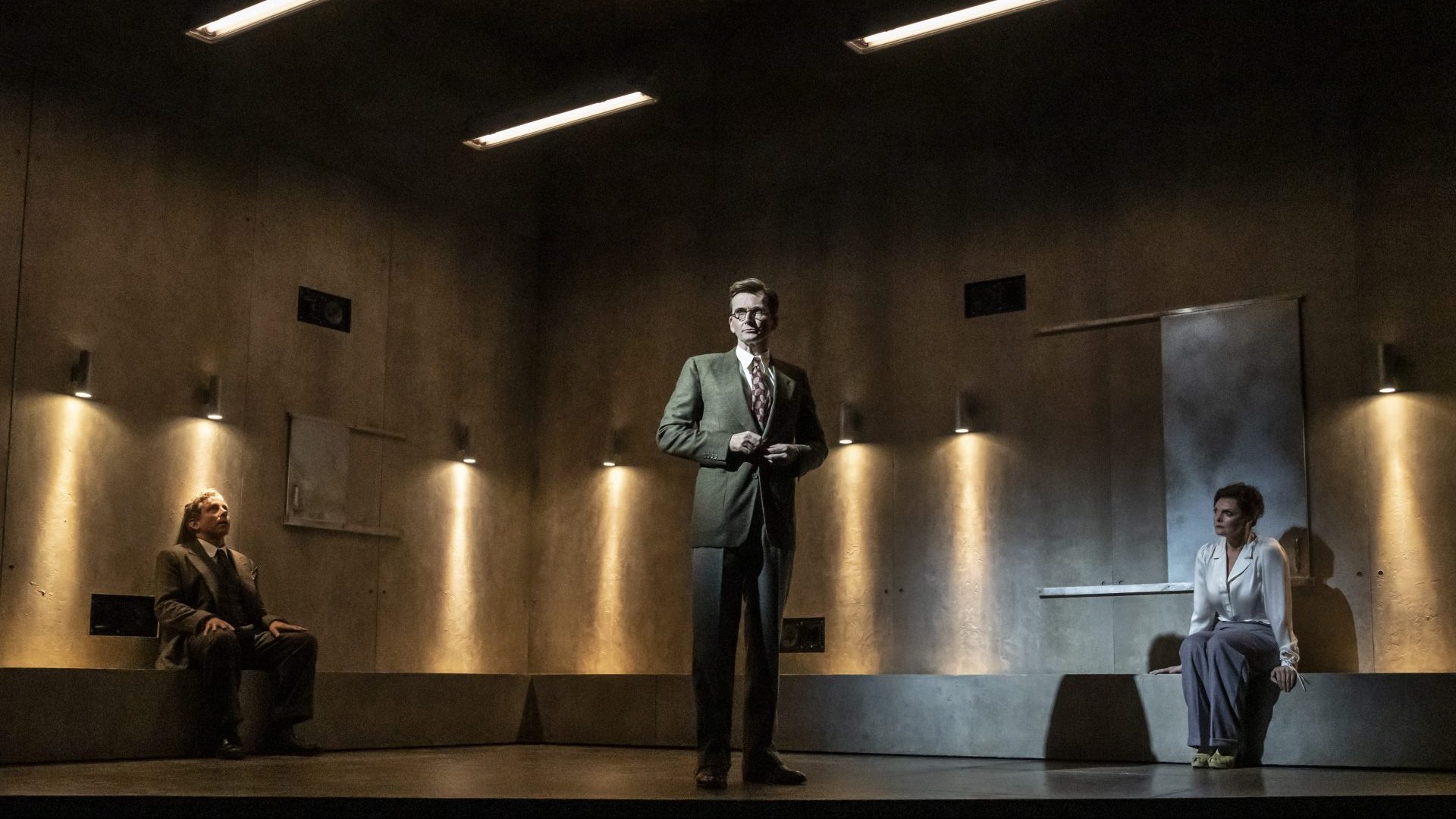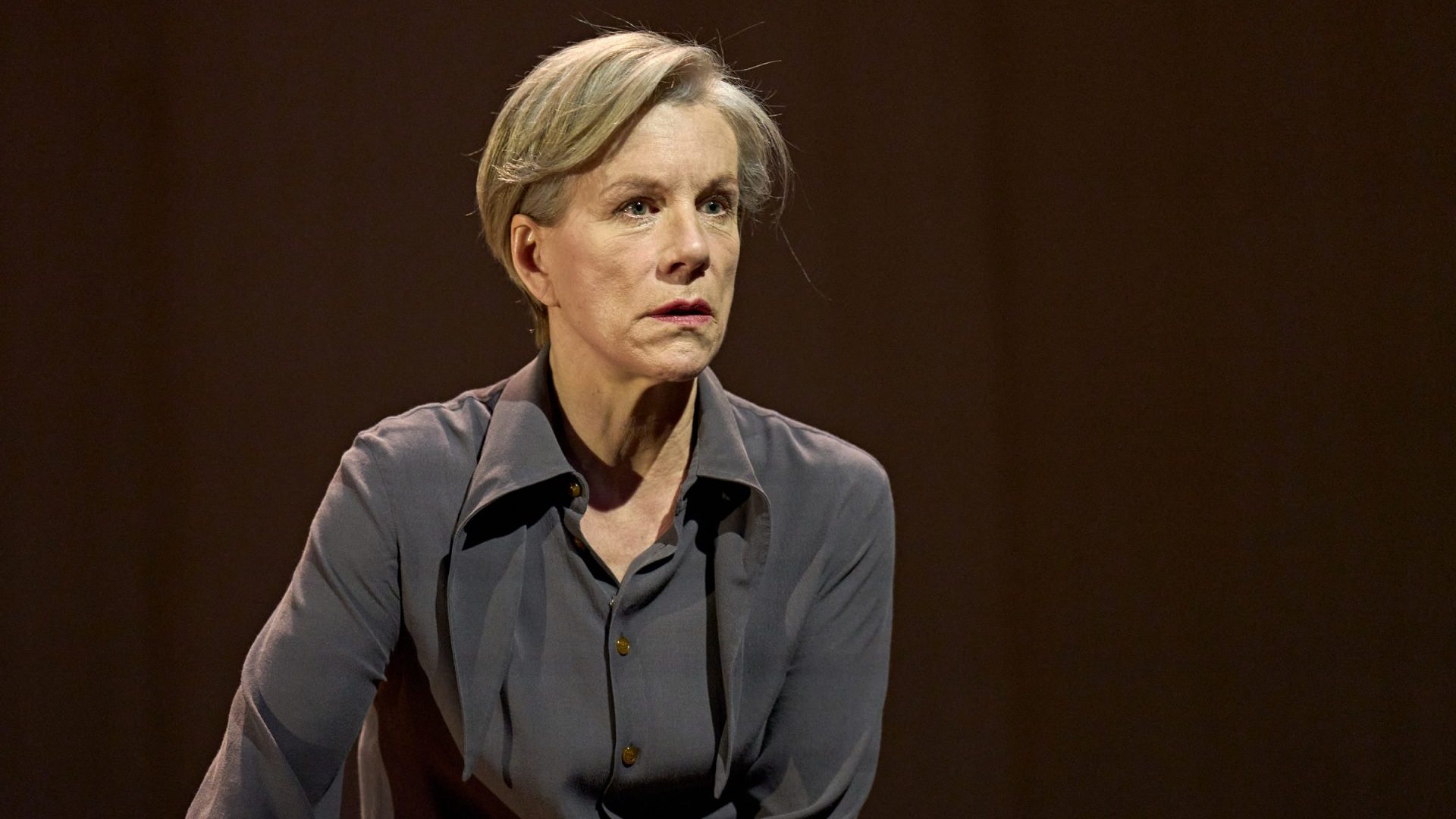Good
Harold Pinter Theatre, London, until December 24
The moral dilemmas that the rise of Nazi Germany posed for individuals have long been a source of fascination for writers. I think of Ronald Harwood’s Collaboration and Taking Sides, Stephen Poliakoff’s Glorious 39, and now we have a revival of CP Taylor’s Good that also asks the now all-too-familiar question: is it possible to do what’s right in a world turned bad?
This obviously intrigues David Tennant, too, as he appeared in Glorious 39 and is choosy these days about what he does on stage. He stars as a thoughtful Frankfurt-based academic named Halder who, through a combination of ambition and moral inertia, gradually finds himself making a career for himself in the SS.
The former Doctor in Doctor Who captures his character’s easygoing charm very well, and that, of course, is key to the play’s shockingness. So, of course, is the fact he’s middle class: dramatists almost always feel the need to place their characters in this demographic as they appear to feel that theatre-goers would find, say, a working-class Nazi utterly incomprehensible.
Halder is caring for his ageing infirm mum (Sharon Small, who also, in a rather Oedipal way, plays his wife), and, worn down by what this requires on a daily basis, he writes a book about whether it makes sense to let such people live for ever, and this wins plaudits from Hitler himself.
The Nazis, yearning for intellectual credibility for their forthcoming orgy of systematic murder, see him as a useful idiot and before long he’s writing supposedly learned papers for them. Halder has among his friends a Jewish psychiatrist (Elliot Levey on very good form), but the part is essentially no more than a plot device to enable him to consider the morality of his position.
It’s a pleasure, of course, to see Tennant back on stage, even if it has turned out Nazi again. Its big star notwithstanding, I do wonder if any theatre ticket is worth £155, which is what the producers seem to reckon is fair game for their very best.
Still, the production breaks welcome new ground so far as Vicki Mortimer’s set is concerned: the producers boast that it is 50% recycled out of old sets. Theatre should be a lot more sustainable than it is and this is a welcome if
long overdue development.




